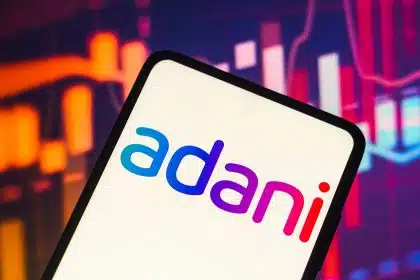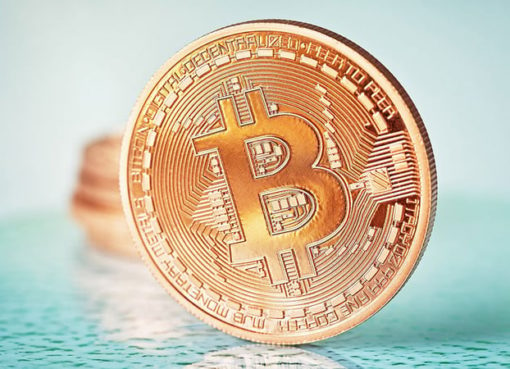Those violating the law could be sentenced to up to two years in jail as well as a fine of 30,000 euros, in addition to losing their social media accounts.
On Wednesday, The French National Assembly’s Economic Affairs Committee addressed crypto-related advertisements and promotions in France made by social media influencers. It was agreed that such activities should be banned in order to protect consumers from potential risks. The proposal has been added to Bill no. 790 which aims to combat scams and “excess” information shared by influencers on social media platforms. Introduced by Stéphane Vojetta of President Emmanuel Macron’s ruling Renaissance party and opposition socialist Arthur Delaporte, the adjustment to the law would put crypto assets in the same category as risky financial products, gambling, aesthetic surgery, and pharmaceuticals.
Those violating the law could be sentenced to up to two years in jail as well as a fine of 30,000 euros, in addition to losing their social media accounts.
Notably, the ban has already received a majority vote from The National Assembly’s Economics Committee and passed the reading stage. Next, it will move to the Assembly and Senate for reviewing and voting.
Arthur Delaporte commented:
“It’s not about killing liberty, it’s about valuing the work of influencers.”
Placing the ban on crypto promotions, France aims to protect consumers from “advertising targeting financial products and services presenting a specific risk.” If the Assembly and Senate accept the law, France will join Spain, Belgium, and the UK that are looking for a stricter crypto regulation policy as well. In particular, these countries are imposing restrictions on publicity campaigns. Spain was the first European country to set restrictions on crypto promotions by influencers in an attempt to control crypto marketing. As we have reported, now any post in Spain that promotes crypto must include a disclaimer stating that “Investments in crypto-assets are not regulated. They may not be appropriate for retail investors and the full amount invested may be lost.”
French Influencers Under Scrutiny Over Crypto Scams
At the beginning of 2023, a French couple living in Dubai, Marc and Nadé Blata, got involved in a scandal over crypto promotions that turned out to be a scam. The couple shared investment advice with their millions of Instagram followers and promoted a so-called NFT platform Animoon. The platform raised as much as $6.3 million, but none of the investors got their share. The scam affected 102 alleged victims who filed a class lawsuit against the couple. Meta deleted the frauders’ Instagram accounts soon after the case was disclosed.
Another case that involved French social media influencers took place in 2022. The owner of a YouTube channel called “Crypto Gouv” discussed how to co-invest in cryptocurrency, NFTs, and shared trading insights. He also ran his Discord and Telegram channels for several months, where he encouraged his subscribers to participate in group investments. After building a community of 4,000 people, Crypto Gouv called for an investment pool with the promise of enormous gains. As a result, nearly 300 people were affected, and the owner of the channel whose identity was not revealed got 4 million euros.
Darya is a crypto enthusiast who strongly believes in the future of blockchain. Being a hospitality professional, she is interested in finding the ways blockchain can change different industries and bring our life to a different level.




